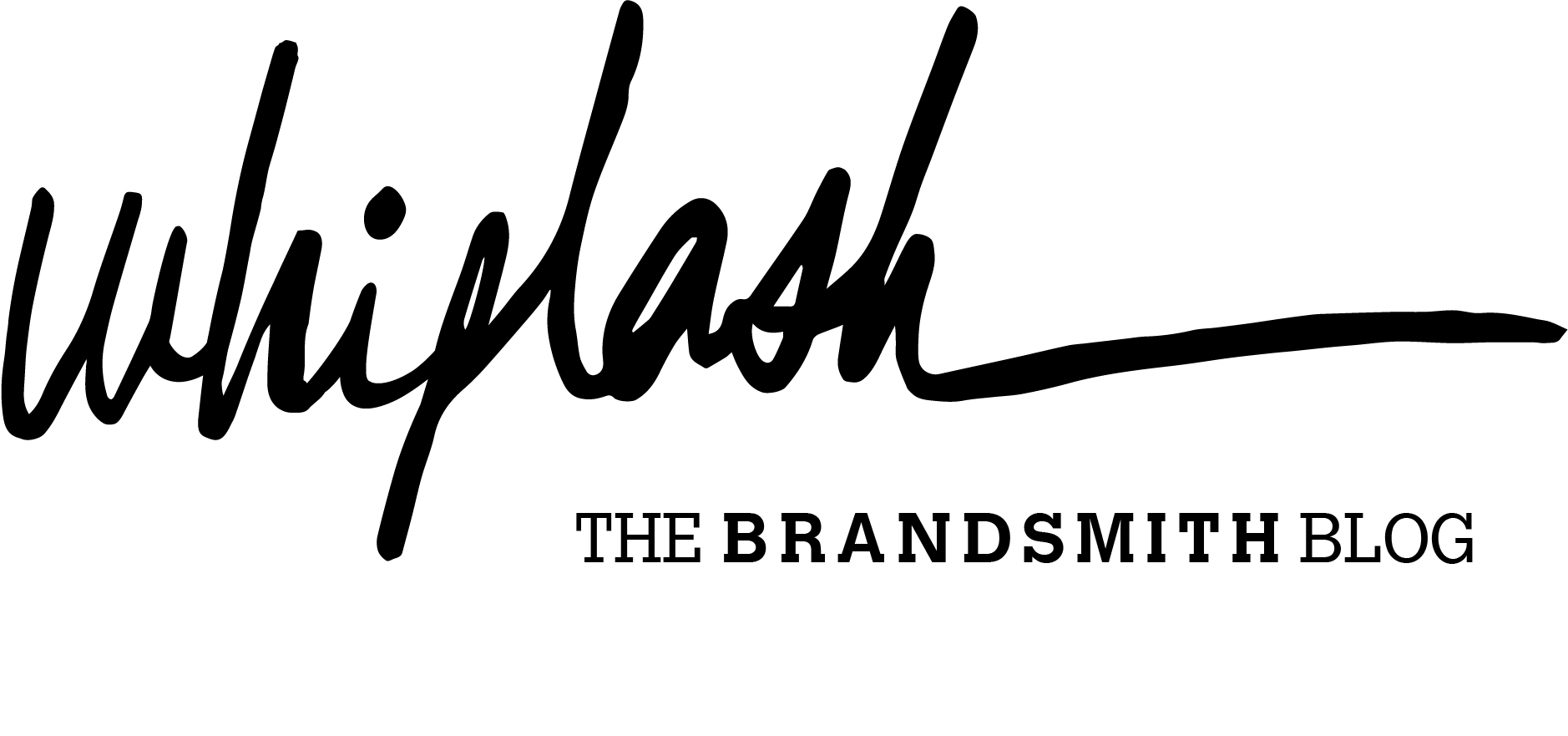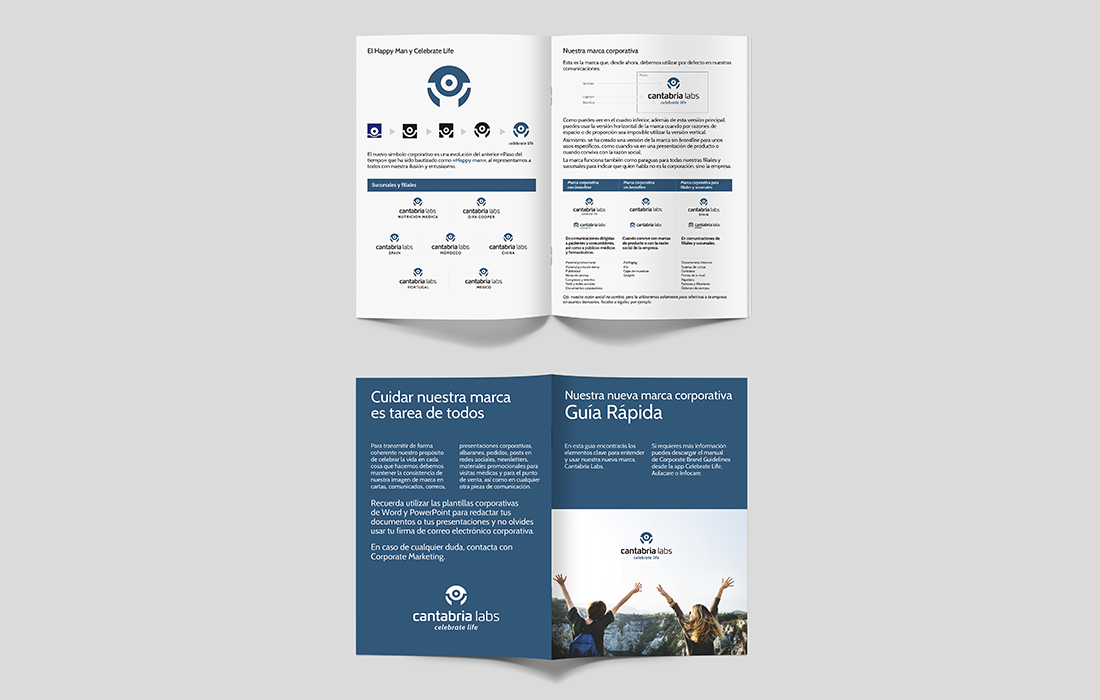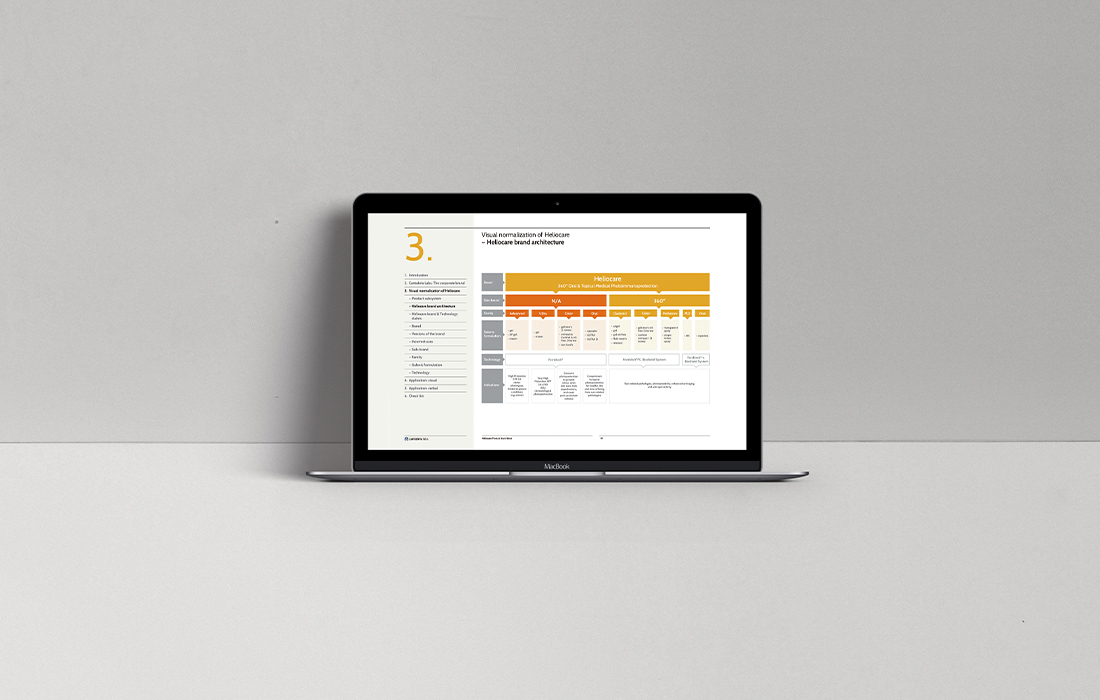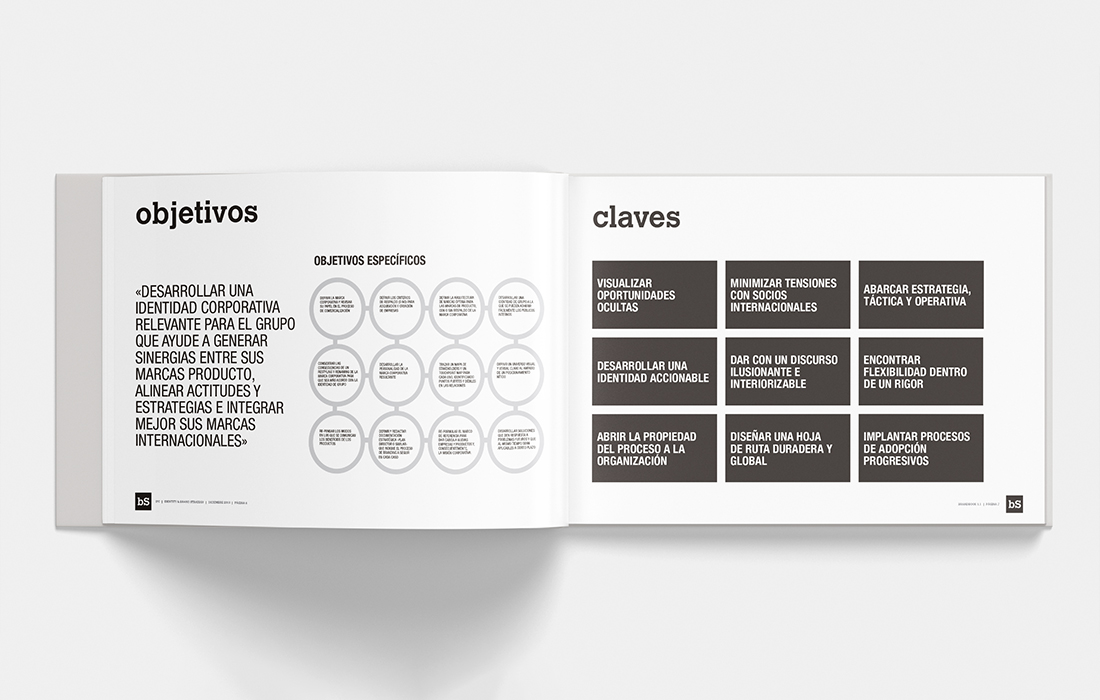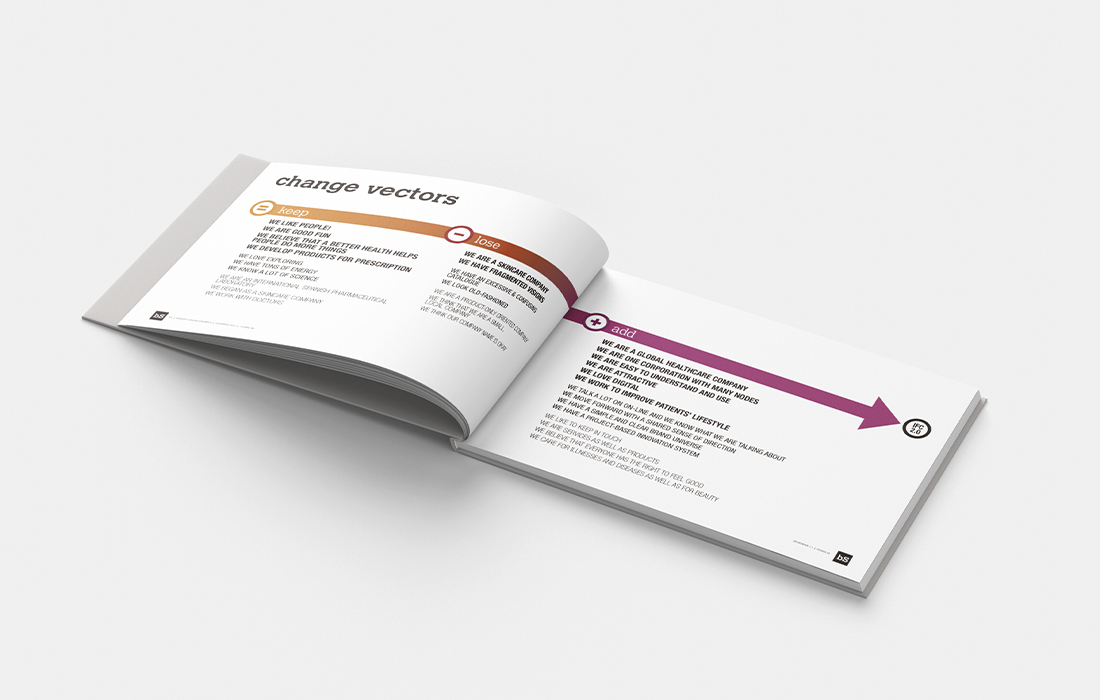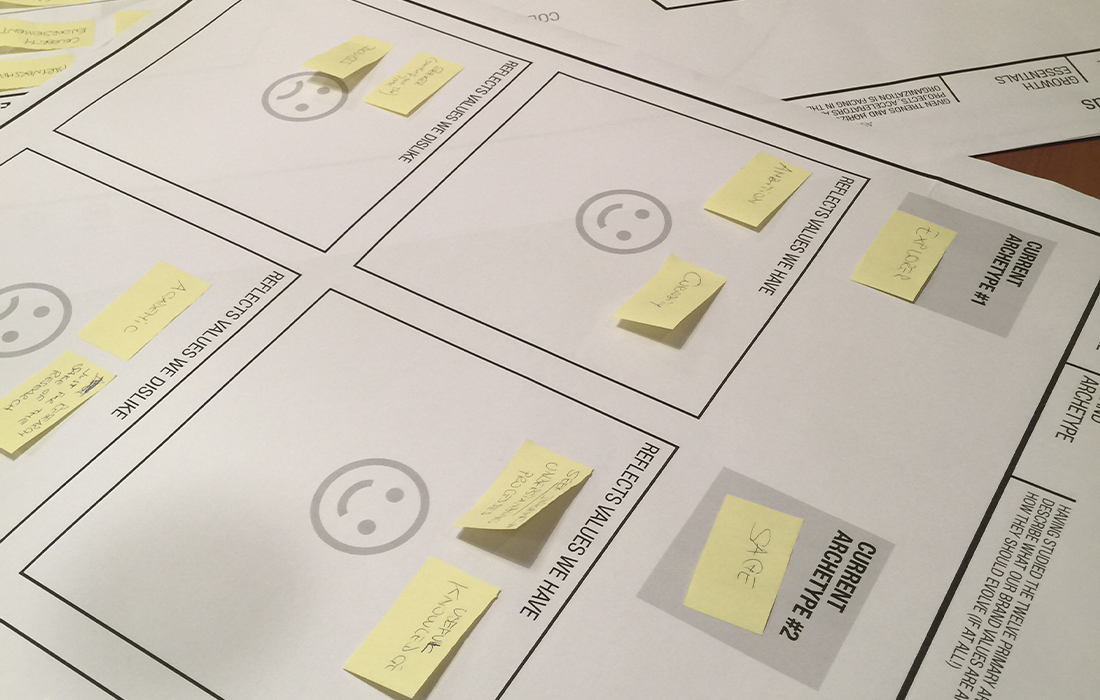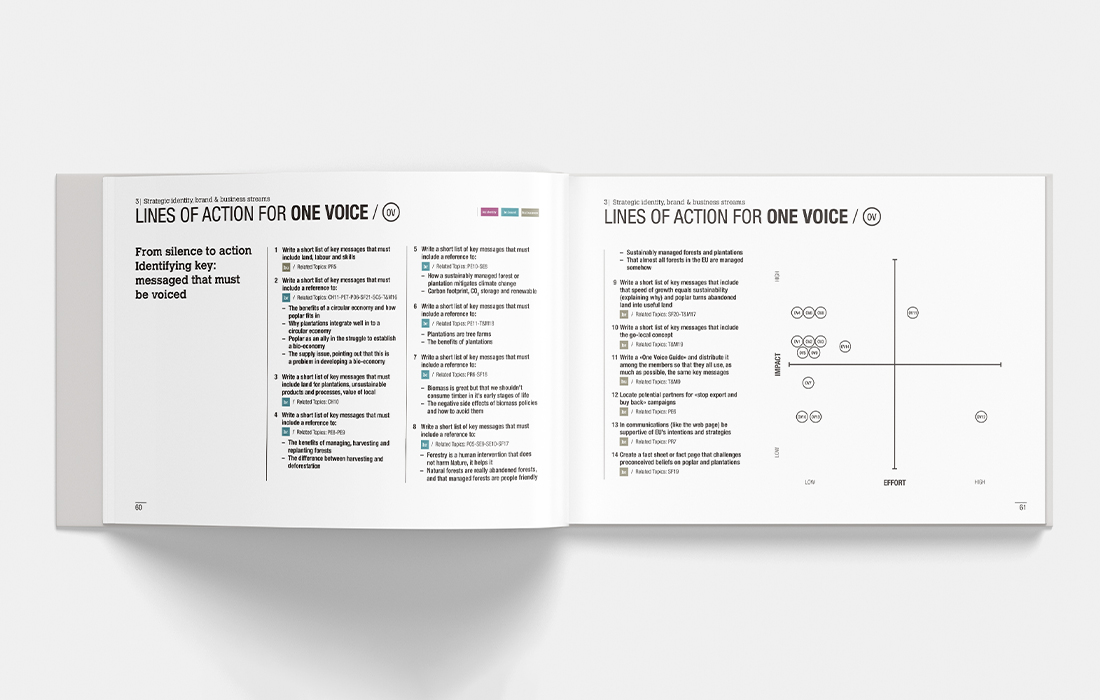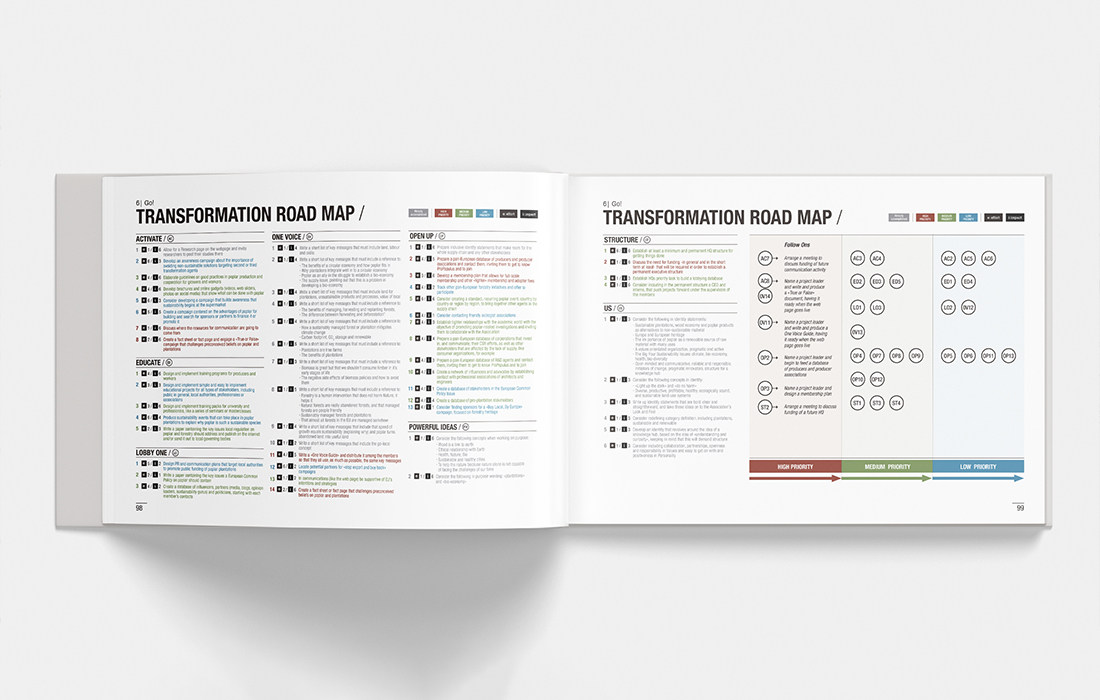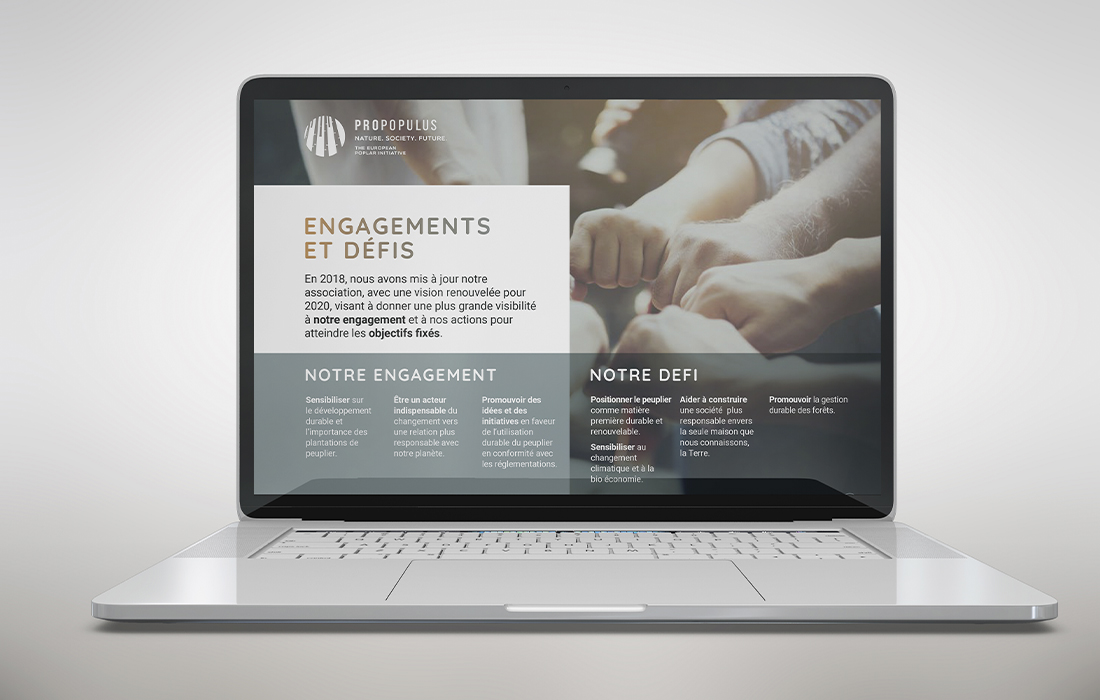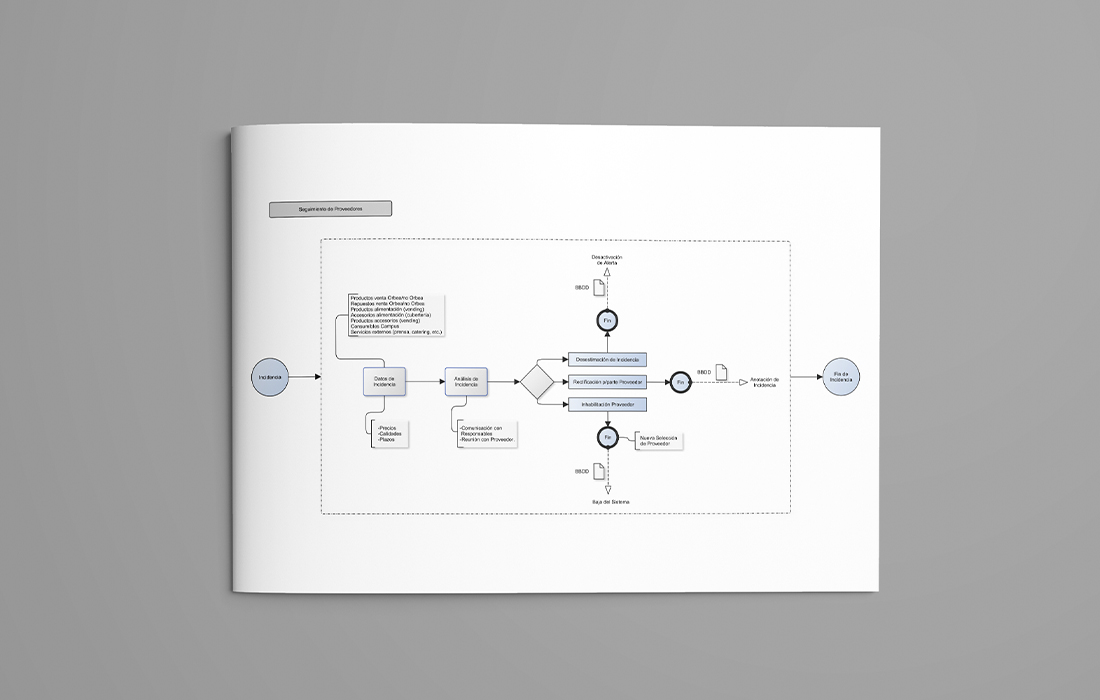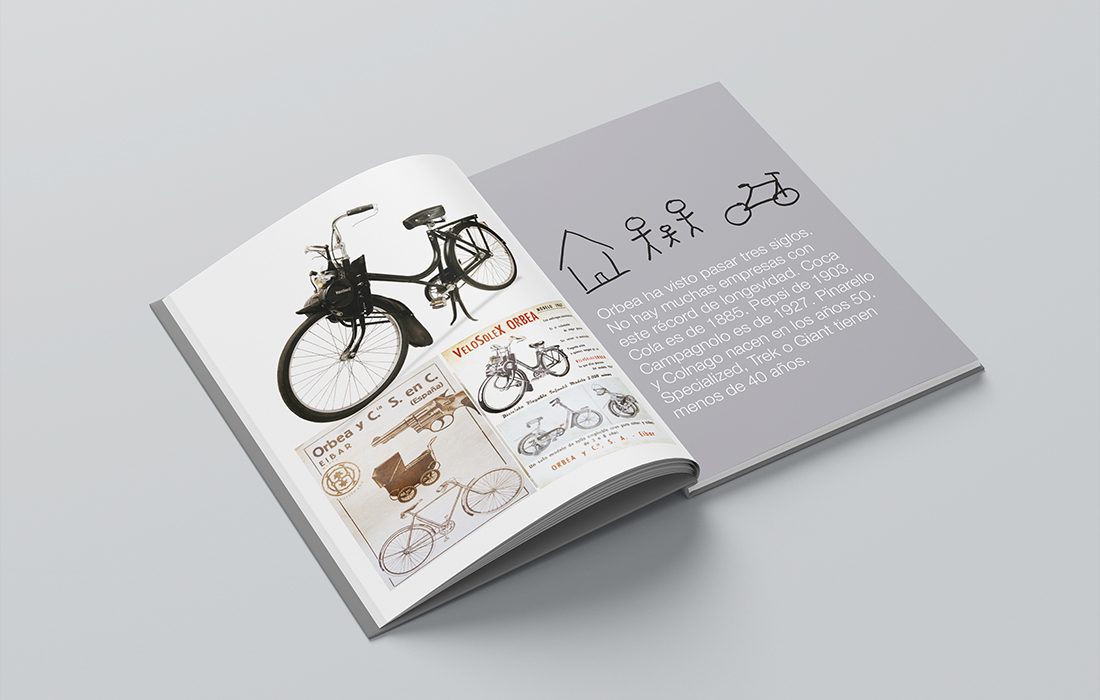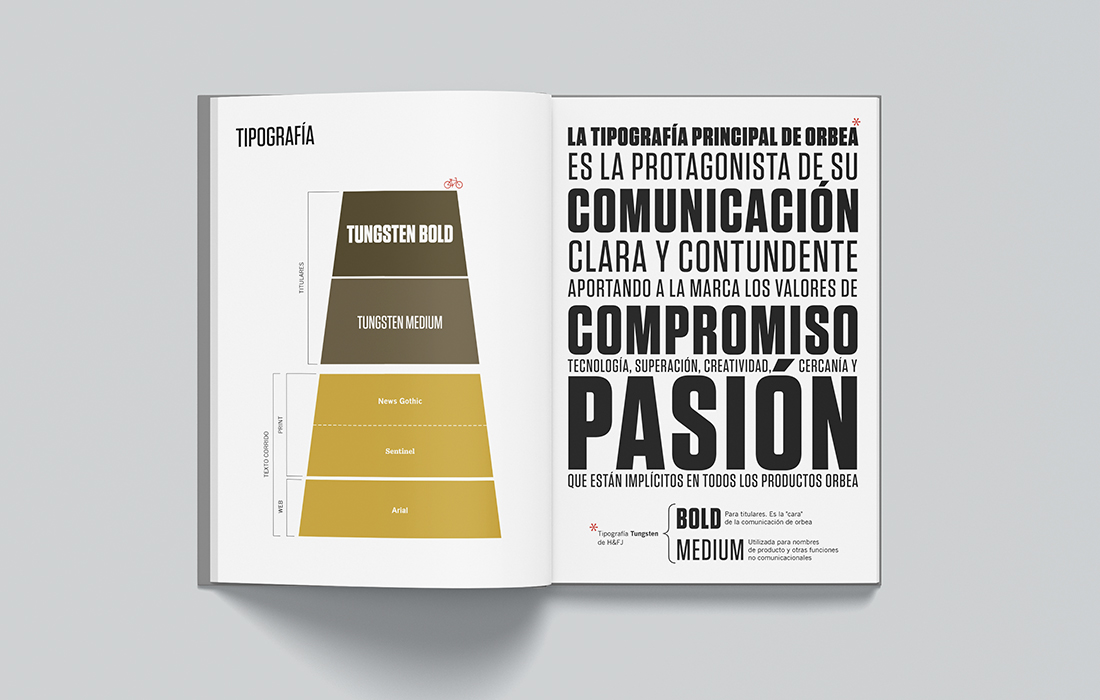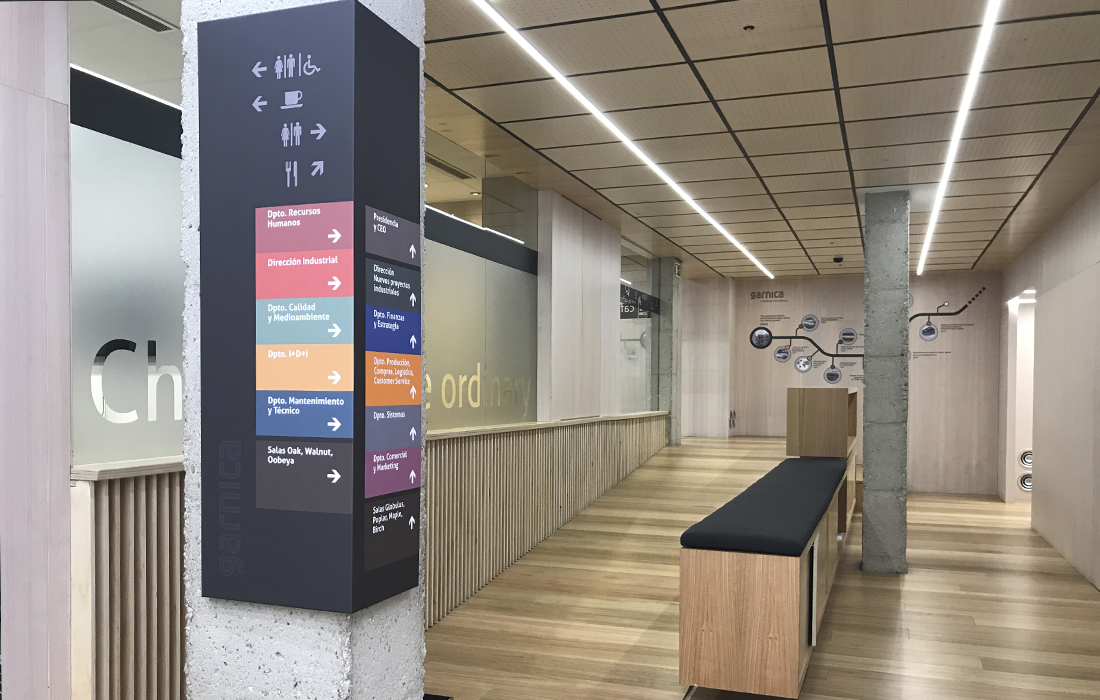
23 Jul Focusing on the customer is the key for a brand to be relevant
Whiplash Team, 23rd July 2021
Focusing on the customer is the key for a brand to be relevant
I am your purpose. That seems to be the message of Spanish consumers to brands, according to the study “Meaningful Brands 2021- Spain: Keys to being relevant in an era of uncertainty”, by Havas Group.
Havas Group recently presented the results related to the Spanish market in the ninth edition of its Meaningful Brands report, where it revealed which brands are most important to consumers in our country. The analysis focused on the attributes, values and reasons that make them meaningful brands for users.
In general, the study analyses the relationship between brands and the well-being of consumers and how brands can acquire greater relevance in the lives of users, contributing to the construction of a better society and world. As the main indicator, the research uses the Meaningful Brands Index (MBI), their own system of metrics that, as explained by Marga Ollero, Chief Data & Insights Officer at Havas Media Group, “is built from the assessment of brands by consumers in more of 90 attributes, grouped into 14 dimensions and these in turn into 3 main pillars, differentiating the type of benefit they provide: Personal, Collective and Functional”.
According to Dionisia Mata, Insights & Meaningful Brands Director of Havas Media Group, at present “individual and short-term vision lead and now dominate consumer motivations and behaviour. What currently matters to the Spanish consumer is their well-being, their safety, their closest circle, and their enjoyment”. Global problems are left in the background.
The report also indicates that in Spain, 71% of consumers are getting tired of the empty promises of the brands. Nevertheless, this does not imply that there are no opportunities for brands to forge lasting and meaningful relationships with users. In contrast, 82% of Spanish respondents say they expect brands to show empathy and provide support to people in times of crisis.
What does this mean? It means that brands must analyse in detail not only the context, but also the needs, preferences and expectations of users, putting all this in the core of their strategies. In other words, brands must become increasingly “customer-centric”.
Amongst other findings, the Havas Media Group report indicates that Spanish consumers demand a retail business that demonstrates greater agility and gives them more security. Also, that technology has become more important, and that hygiene and cleanliness have become top priorities. Today’s customer is one who allows himself/herself more whims and uses content and entertainment as a main source of evasion. It is no coincidence that the Entertainment sector is the one that grows the most in the MBI.
Analysing the top 30 brands in the ranking for Spain we see brands that respond to those customers’ needs and desires that have become evident in the study: cleaning (Fairy, Sanitol, KH7); home care (Ikea, Leroy Merlin); connection and information (Google, Wikipedia, Microsoft, Samsung); purchases and fast delivery (Amazon, Paypal, Correos); entertainment (Netflix, YouTube); self-indulgence (Chocolates Valor, Lindt); sport and nature (Decathlon, Adidas, Nike); food (Mercadona, Lidl) and lifelong brands that provide security (Danone, Central Lechera Asturiana, Nivea, Nestlé, Nescafé).
For consumers, the difference between a relevant brand and one that is not, is in how they perform in the functional and personal benefits they provide. Utility, proximity and tangibility summarize what users are looking for in their brands.
Confidence stands out among the functional benefits. The positive response from those surveyed chose those brands that fulfil what they promise in terms of product and service and brands that they perceive as safe and responsible. In the case of personal benefits, on the other hand, those brands that help consumers, that make their lives easier, provide them with happiness and give them peace of mind, stand out.

